Testing the First
Being bigger and stronger than a wasp helps us overcome our fear of its painful sting, but it shouldn’t prevent a rational concern of the winged devils from manifesting. We, as the United States of America, tend to forget that even small threats are still threats when it comes to national security or the protection of our interests abroad. The size of the consequences may not be at Cold War extremes, but the plausibility of physical ramifications emerging from the dynamic tensions between the Western world and volatile, easily offended nations is likely if current interactions persist.
Over the course of the past month, two separate, unfortunate events took place that illuminated the controversy of free speech in our satire-sensitive world. In December, the North Korean government successfully frightened Sony Pictures and movie theaters nationwide into pulling The Interview from the big screen. This month, two heavily-armed Muslim-extremists executed nine associates at the comical French magazine, Charlie Hebdo, as well as eight civilians, security guards, and police officers in the ensuing pursuit. Both occurrences drew heavy attention to the victims, but the North Korean ordeal has people characteristically angry at Sony for backing down, while the French tragedy has our populace standing up to censorship though also searching for ways this could have been prevented. The correlation of these two stories can be summarized as taking cautious measures to prevent an act of terror on Western soil, while the latter provides an example of consequences to the vital upholding of free speech, free expression, and free press.
Many teenagers and young adults see the tiny peninsula of North Korea as having the military equivalent of a sling shot, while on the contrary, 73% of adults in North America consider the nation to be either a “very serious” or “moderately serious” threat to the United States according to a CNN sample poll of roughly 1,000 adults nationwide. The fact of the matter is that the nation that we went to war with continues to maintain the mentality from their predecessors half a century ago. The leaders of North Korea hold zero respect for the sanctity of life as highlighted by their human rights violations which are among the worst seen globally. A study by the Human Rights Watch and UN Human Rights Council reveals North Korean abuses include executions, torture, political prison camps, restrictions on the freedom of information and travel, zero tolerance for defectors, and near-slave labor conditions. Their culture is completely aimed at an aggressive military and the worship of their current and past leaders (as showcased in the National Geographic special from 2007, Inside North Korea). They possess the capability to strike our allies in Asia directly, and they have the freshly-discovered ability to hinder online services abroad. We created a movie that centered on the assassination of this population’s “Supreme Leader.” The reason I bring this up is to introduce a possible reason to Sony’s actions that were perceived as “cowardly.”
In light of the recent Paris executions, pop-culture leaders such as Bill Maher vehemently believe in the notion that the entertainment organization should have held their ground while others like New York Times columnist, Joe Nocera, sympathize and pardon Sony’s actions as he points out, “What else were they supposed to do in the face of a fairly serious threat against people in movie theaters?” A moderate view of the ordeal is that there is a difference between censoring creative works on the basis of maintaining internal power and withholding output to not overtly molest a country’s government or put your own citizens at risk. Some argue that we need to evaluate this societal norm of constantly pushing what’s appropriate in our lives and truly consider the effects our actions have; while others believe that free expression and free speech are of the uttermost necessity and cannot, by any means, be drowned due to external pressures.
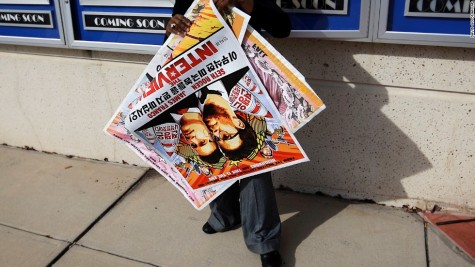
Nevertheless, the film was pulled from theaters, but released for download and streaming on sites like Amazon and Youtube. The North Korean government threatened to act if the film was released and they kept to their word. Sony Pictures, the organization behind the movie, was hacked revealing hundreds of corporate documents. The retaliation didn’t result in violence this time around, but it absolutely could flip in a moment’s notice.
Now transition this same debate over to the French shootings. The staff at Charlie Hebdo actively resisted any call for the censorship of their publications, and, in turn, lost their lives to disturbed individuals who couldn’t distinguish satire from violent heresy. Their punishment did not fit the crime, and the world has been in mourning since that fateful Wednesday. These cartoonists, editors, writers, and managers were murdered for portraying the prophet Muhammad in several cynical drawings. The parallel between these two escapades has to be noted. Radical Muslims and North Korean leadership both made outstanding threats to their respective targets; the difference being that one party refused to bend while the other recognized a present danger and accommodated their priorities to manage security. The message of these defiant writers is extremely important, as the protection of free speech provides room for essential freedoms every human deserves. On the other hand, the owners of theaters around the nation won’t have to worry about any possible attacks directed at them from North Korean aggressors thanks to them refusing to show the film. Depending on which side of the argument you’re on will determine whether or not you value the cause or your life at a higher importance.
Edgy is the trend of our culture, and our entertainers are comfortable with running the risk of direct trouble (death threats and the sort) arising from their actions. As brave as that may be, their defiant stances do arguably contain latent irresponsibility by possibly endangering the lives of their fellow man in the crossfire.



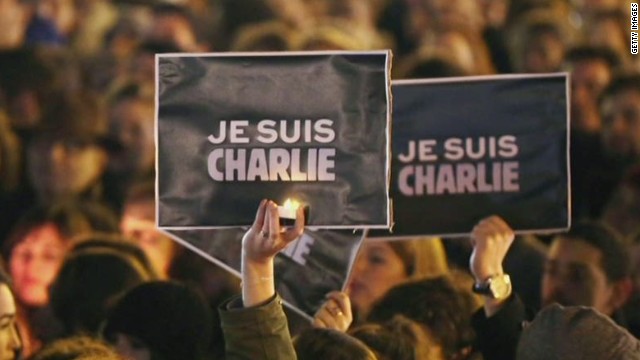

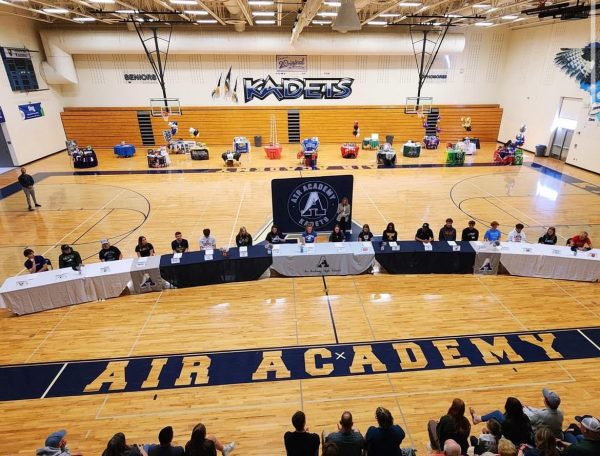
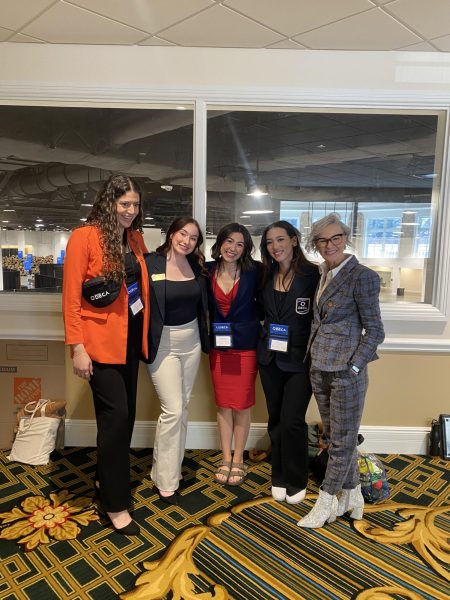


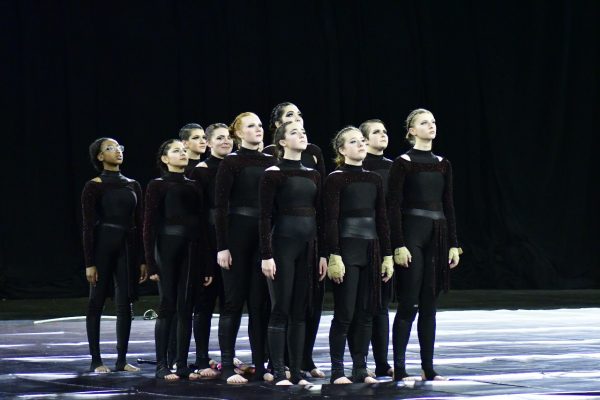

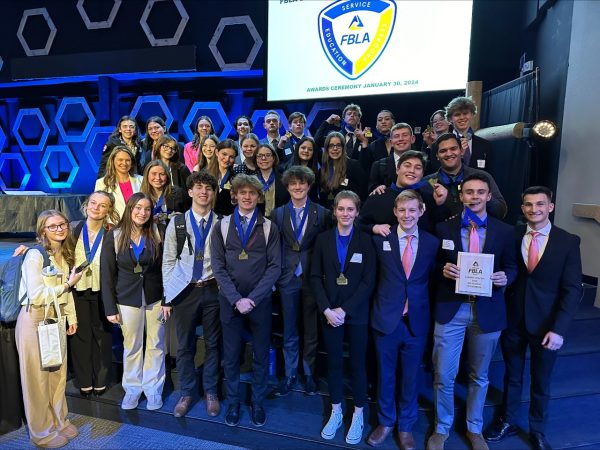

Jenny Beth Maynard • Jan 16, 2015 at 8:50 am
You are a classic, my friend! Your writing never fails to impress 🙂 Keep it up!